When do public displays of piety go too far?
There seems to be too many supposedly solemn moments when we’re expected to passively accept, or even actively participate in, expressions of virtue that we don’t share.
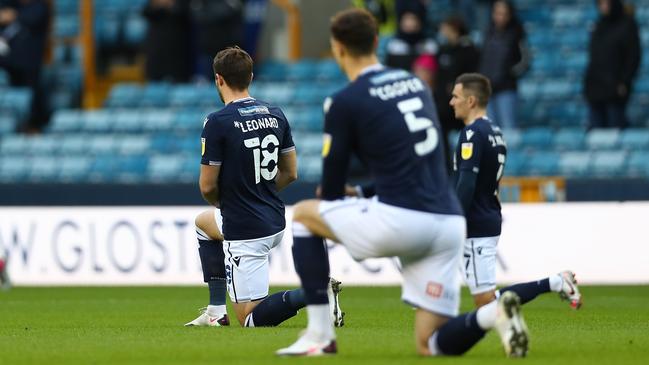
These days no one escapes the culture wars. Last week the focus was on Eton after a teacher was sacked for trying to convince his pupils that they’re living in 1890. By the weekend it had shifted down the Thames to the east London home of Millwall Football Club. There, a large number of the 1500 fans allowed under Tier 2 restrictions to attend home matches had booed the players’ anti-racist “taking the knee” ritual just before the game began.
In one way I sympathise with those supporters. I get it. The stadium is their field of dreams and here they were, unconsulted and expected to observe a ceremony that they hadn’t invented.
And nowadays there just seem to be too many supposedly solemn moments when we’re expected to passively accept or even actively participate in expressions of virtue or belief that we don’t share.
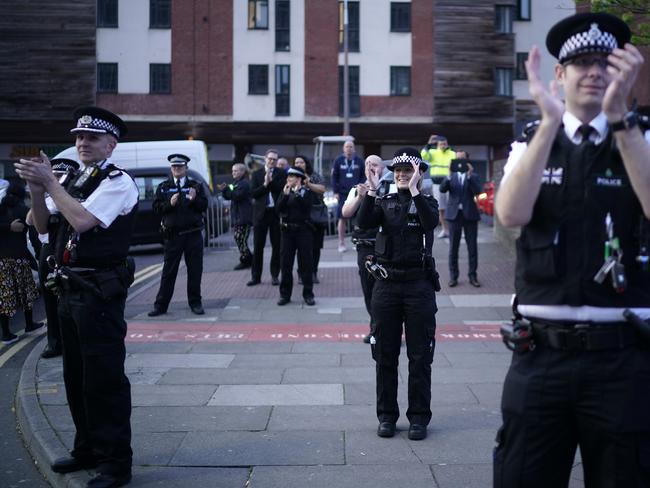
I’ve felt this all my life. The BBC has made me feel it. The newspapers make me feel it. School and college authorities have wrangled me into feeling it. There’s always some Hamlet demanding, as he did of his mother, that I should assume a virtue if I have it not. There’s a royal baby ninth in line to the throne and apparently “the nation rejoices!” But I don’t rejoice. A duchess dies and a nation mourns! But I don’t mourn. So am I not part of the nation?
This is obviously an old phenomenon. Over time we create new forms of collective piety and then discard and replace them. For years the national anthem was played at the end of cinema performances in Britain, and people were expected to stand. But observance frayed. When I was a child I learnt a song called Stanley and Dora. It tells of a woman who works at the pictures and falls in love with Stanley, who then cheats on her with the ice-cream girl. “But justice came soon for young Dora/ for Stan and his Walls’s ice cream/ They both was killed in the rush for the door/ when they played God Save the Queen”.
That piety disappeared, followed into oblivion by making often atheist school children sing hymns at school assemblies avowing that “Christ is thy strength and Christ thy right”.
But they were soon replaced. Poppy day became poppy month. If you appeared without one on television between the end of October and mid-November people would start calling you names on social media. At the same time the meaning of the poppy mutated from a rather nationalistic one (our glorious dead), to one of remembering the lives of all who had died or made sacrifices.
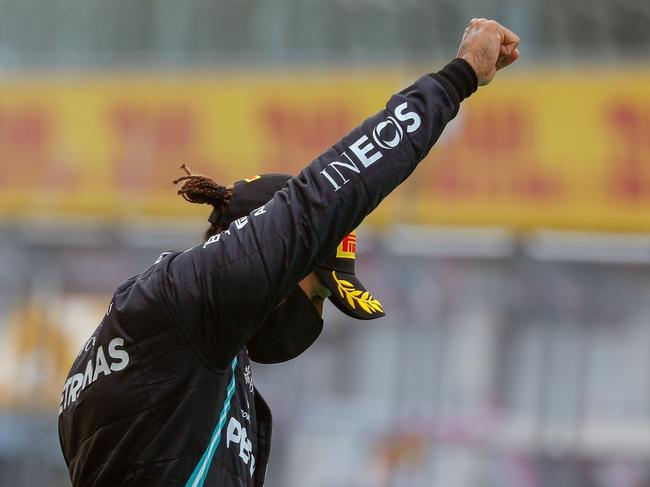
This March we invented (well, borrowed from Europe) a new ritual: clap for the NHS and key workers. The quasi-obligatory nature of this demonstration was illustrated when Nigel Farage, who has long thought the NHS should be privatised, had himself filmed banging a ladle against a saucepan in its support.
Coerced piety is a problem. But for many people collective acts like this are important symbols of social solidarity. There is some evidence that “clap the carers” helped get us through those weird months in the early spring. We needed it.
Few settings lend themselves so readily to expressions of solidarity as big sporting occasions. In America the national anthem isn’t just performed at international matches, but at all matches. So repetitious has this become that there seems to be a constant competition for the most over-the-top rendition of The Star-Spangled Banner.
And it was during one such performance that “taking the knee” was born.
In 2016 Colin Kaepernick, an American Football quarterback, refused to stand during the anthem in protest against police brutality towards black people. The following week he kneeled. There was outrage. Some others kneeled too. In 2017 Donald Trump said that players who kneeled should be fired – an act of attempted cancellation which one side of the culture wars has chosen to overlook.
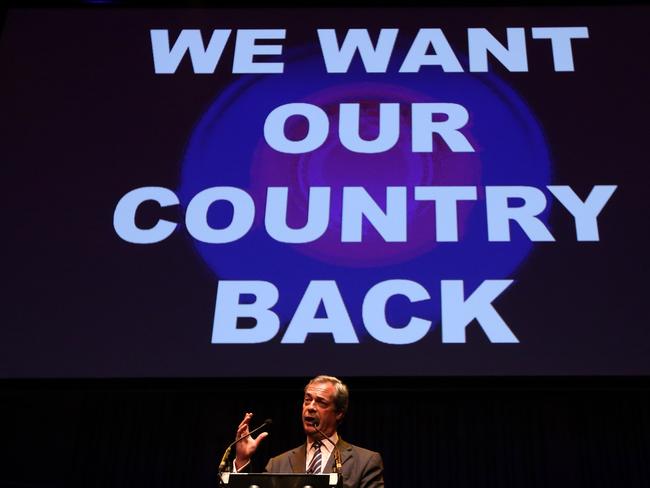
British football has long been an arena for sentimental piety. In my time as a Spurs supporter one-minute silences and black armbands to mark the deaths of long-forgotten club officials or events utterly extraneous to football have proliferated. Fortunately the precarious mass silences, which were always in danger of being broken by some rowdy non-conformist, have now largely been replaced by one minute’s applause. Much more realistic.
What most of us do most of the time we’re confronted with these demands is go along with it. If my dinner host toasts the Queen, I stand and sip. I have not yet interrupted a school carol concert by shouting, “Offspring of a virgin’s womb! What are you teaching these children?” I see what others get out of it, and I respect that.
So it’s a big decision to interrupt the ritual and show your contempt for it. And this is where I fall out with the booing Millwall fans last Saturday.
What do we know about why players take the knee? It’s widespread partly because elite sport is one area of life where black people have clearly succeeded and are represented at the top level. These players may be famous and wealthy, and they now have clout, but they also share the experiences of their communities. To put it bluntly, it was their fathers and mothers who had “black bastard” shouted at them by some of the fathers and grandfathers of those booing Millwall fans.
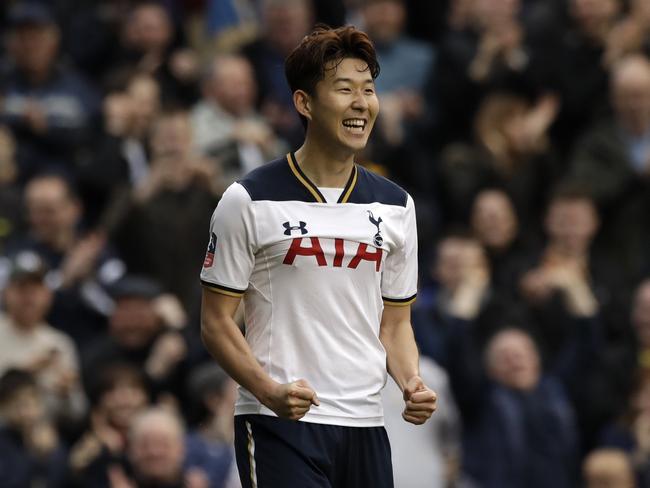
So, following George Floyd’s death at the hands of police in Minneapolis in May, black players quickly adopted the “knee” as a demand for respect. Teams are about solidarity, and their white team-mates joined in too.
Last weekend, in a move clearly organised in advance on social media, hundreds of Millwall supporters booed the taking of the knee. When asked to explain it, some of them fell back on the improbable line, expressed by Nigel Farage and others, that what they were actually opposing was “the Marxist BLM mob who now want to be a political party”.
As though the players had been demonstrating against capitalism and as though the fans would have cared if they had.
By the next game on Tuesday, the fans were applauding players wearing Kick It Out anti-racist logos on their shirts, but the Millwall players had stopped taking the knee. The protesters had won.
So they’re not racist, of course. Except that I’ll never forget the last match I attended involving Millwall fans who spent the entire game taunting the South Korean Spurs forward Son Heung-min with chants of “DVD” and “He’s selling three for a fiver”.
I don’t like collective or co-opted piety any more than the rest of us, but there are worse hypocrisies.
The Times



To join the conversation, please log in. Don't have an account? Register
Join the conversation, you are commenting as Logout